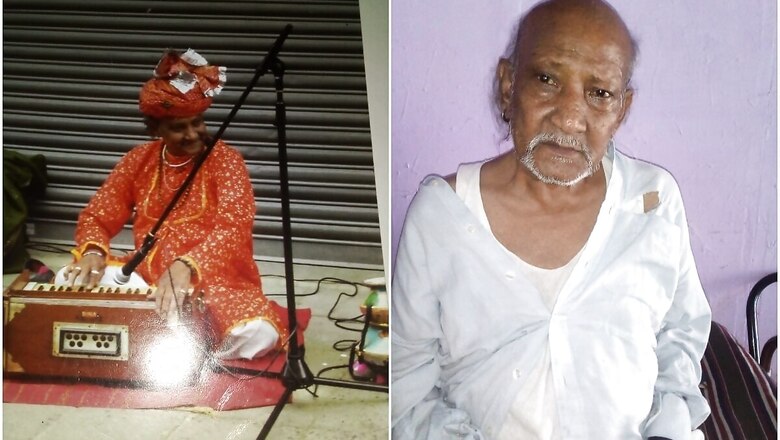
views
At the peak of his popularity, Bhagwandas shared the stage with the likes of Nusrat Fateh Ali Khan, Ghulam Ali and Ustad Allah Rakha Khan. The singer and puppeteer barely had time to catch his breath as he moved from one country to another, visiting around 25 of them including – Holland, US, Belgium, France, Germany, Iran, Oman, for performances that were lined up for him.
To commemorate India’s 50th Independence Day, he had also held a special performance in Dubai.
Today, the 70-year-old Bhagwandas is gasping for breath at a neglected corner of an overpopulated transit camp that was built for the residents of Kathputli Colony in Delhi.
Five months ago, he suffered a paralytic attack in the left side of his body and has been feeling the same sort of stiffness in his right hand as well.
“I wish I could sleep in peace for one night, without pain and my belly full. When I was young, on the stage with my puppets or with the harmonium, the world was at my feet. Prime Ministers and Presidents sat below to watch and listen to me,” Bhagwandas said. He has seen the world like few other people.
“I come from a time, son, when we were allowed to smoke in airplanes,” he proudly said. In a way, Bhagwandas has, since his birth, always been on the move.
Like most migrants of his generation, he came to Delhi when it was full of only vast empty spaces. “I must have been around 10-year-old when my family and I left our hometown in Jhunjhunu, Rajasthan, out of poverty. I came from a family in which music and puppetry were a tradition. Our family moved from city to city, earning our bread by entertaining people. Finally, we landed in Delhi and decided to stay. There were 33 of us who pitched our tents in a place near Shadipur. People began to call it Kathputli Colony,” he recalled.
The in 2014, the residents of Kathputli Colony, described in Salman Rushdie’s Midnight’s Children, as the “conjurers’ slum”, the place where the “greatest fakirs and prestidigitators and illusionists in the land continuously flocked”, were forced to leave their homes after a protracted legal battle and shift to a makeshift transit camp where they live to this day.
Already under tremendous stress from displacement, the 1000 odd artists of the transit camp have no means by which to earn their living after being hit by the two waves of the pandemic and successive lockdowns. With all their shows artists like Bhagwan Das and his family today depend on public charity for their survival.
“When I was young my brothers and I would earn enough to be able to afford three meals a day and still have time to explore Delhi, which taught us so much. My uncle used to take me to the shrines of all the great poets of the city. I learnt singing at Nizamuddin dargah signing Qawwali with legendary figures such as the poet Habib Painter,” he recollected. There he honed not just his singing but also got a taste of Urdu poetry, which he hasn’t in all these years.
In fact, he shared a few lines of poetry in response to a question about what the arts, which he served all his life, gave him in return.
Taazish-e-husn mein afsurda dili dekhi hai
Humne mahtab mein barf jami dekhi hai
Tumne dekhe nahi hai haste hue aasun
Humne rote hue hothon pe hasi dekhi hai
(I have seen despair in the pinnacle of beauty
I have seen the moon freeze over
You may not have noticed tearful smiles
I have seen laughter on crying lips)
(Those who may wish to help him could contact his son Raju 8860360661)
Read all the Latest News, Breaking News and Coronavirus News here. Follow us on Facebook, Twitter and Telegram.










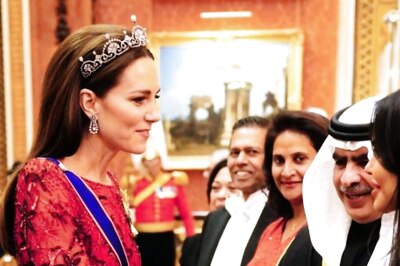

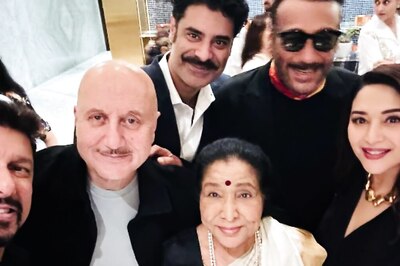
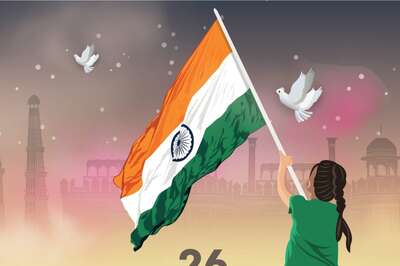
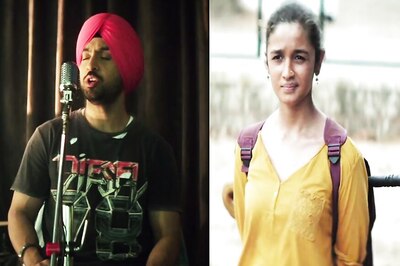


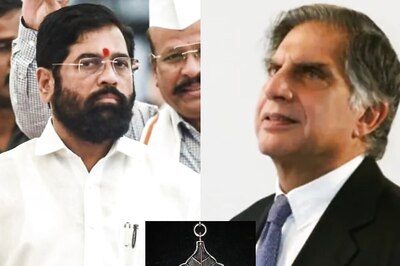
Comments
0 comment